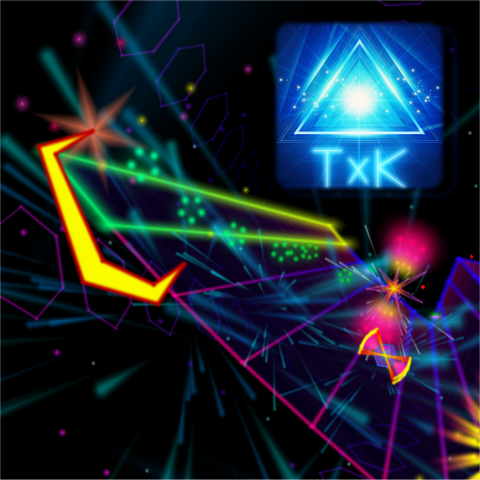I don't think VR will replace traditional games, instead it's likely to generate new types of experiences that are going to be entirely incompatible with what we're playing now. I think there will always be a place for the monitor and television when it comes to games, and I'd sooner think of VR as the birth of a medium of its own, rather than a tool to consume existing game media.
I'm just excited at the possibility that 'experience' games are coming into a genre of their own, with hardware that perfectly compliments them. I'm just so tired of shootin' dudes.
I agree that it will probably start out this way, though it will probably overtake existing games as well, but that all depends on the compatibility with older games which won't have been made for VR originally. However, I disagree that the monitor and the television as we use them today will be a thing in a few decades. I believe that we'll still have monitors, but it'll be more common to project them in "virtual" form. After hyping the Rift when I first heard about it, and following its development since the kickstarter, I've changed my stance completely after learning about other products and technologies currently being worked on.
I really don't think Oculus Rift or other larger goggles will become anywhere near mainstream. Not that most people are expecting it to be. I think they
(Oculus VR) know it themselves judging from recent statements in interviews.
Application in the real-life environment without the use of goggles that are a nuisance to wear is the future of VR and it will hit hard. Virtual phones, downloading apps, games, newspapers and interacting with your virtual PC on a virtual keyboard which can be projected at anytime; anywhere. "Magic" or "impossible" one might think at first, but I'm wondering if the technology to do it really is that far away after all.
It's a
"Magic Leap" for sure.
Below you'll find quotes from an article from
NYT that was published last summer:
Magic Leap, in which Google invested $542 million on Wednesday, intends to make a device that overlays digital animation on a user’s field of vision.
So far, however, one of the principal obstacles facing light-field cameras and displays is that they require as many as five or six times as many pixels to create the resolution equivalent to a conventional digital image.
Magic Leap claims to have solved the resolution challenge with a proprietary technology that projects an image, which it describes as a “3-D light sculpture,” onto the viewer’s retina. Rony Abovitz, a biomedical engineer who founded Mako Surgical, a successful robotic surgery company, before creating Magic Leap in 2010, said that his system would even offer a resolution close to the power of the human eye.
Virtual- and augmented-reality aficionados foresee a world in which conventional computer screens and televisions are obsolete, and it is possible to project lifelike animations into meetings anywhere. They describe a next generation of technology beyond personal computing and smartphones based on a new set of approaches they call “perceptual computing.”
“Playing games is the dessert,” Mr. Abovitz said. “Our real market is people doing everyday things. Rather than pulling your mobile phone in and out of your pocket, we want to create an all-day flow; whether you’re going to the doctor or a meeting or hanging out, you will all of a sudden be amplified by the collective knowledge that is on the web.”
A better description if you still don't understand what the product really is came from a more recent article over at
Gizmodo which mentioned Magic Leap's press release:
"Using our Dynamic Digitized Lightfield Signal™, imagine being able to generate images indistinguishable from real objects and then being able to place those images seamlessly into the real world."
There are several issues with the technology, of course, but if they or someone with a similar product manage to overcome them and make interactivity seamless and natural then say hello to mankind's Virtual Age. Oculus VR still have time to catch up, of course, as lightfield or similar technologies are probably 5+ years away still. For the near-future
(2-5 years) though, I expect the rift to be the cool kid on the block.
Well, these are my thoughts/dreams of what it could become at least...only time will tell.


